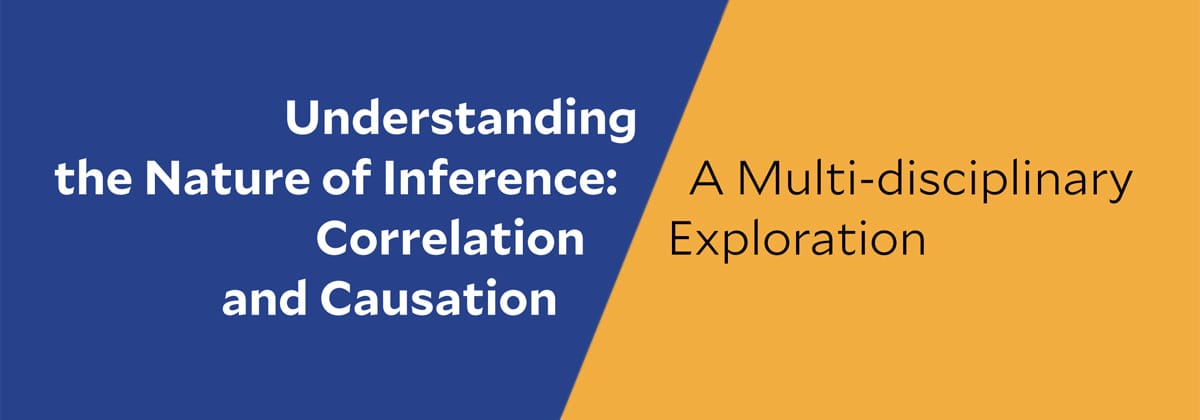
Bias in Algorithms

Artificial algorithms are increasingly being deployed to inform, endorse, and govern various aspects of today’s society. Their reach includes the domains of hiring, lending, medicine, criminal justice, insurance, allocation of public services, social and business interactions, and the dissemination of information and news. Through a synthesis of computational and statistical models for representing concepts, human-generated datasets that provide examples for training, and powerful optimization algorithms that can efficiently navigate through vast and complex landscapes to infer concepts that explain data, such algorithms have taken big strides towards mimicking various aspects of natural intelligence.
These algorithms have led to tremendous economic and social impact but have also been shown to be biased – they can discriminate, reinforce prejudices, polarize opinions, and influence political processes. How can subjective human or societal biases emerge in the objective world of artificial algorithms? And how can we design algorithms free from these limitations?
The search for answers to these questions also leads us to some understanding of the bias in human decision-making algorithms.
Professor Aleksander Mądry, who will lead the post-talk discussion on Monday, November 22, is the Cadence Design Systems Professor of Computing in the MIT Electrical Engineering and Computer Science Department and a member of the Computer Science and Artifical Intelligence Lab at MIT. He received his Ph.D. from MIT in 2011 and prior to joining the university’s faculty, he spent a year as a postdoctoral researcher at Microsoft Research New England. He also was on the faculty of EPFL until early 2015. Professor Mądry is currently serving as the Director of the MIT Center for Deployable Machine Learning and is the Faculty Lead of the CSAIL-MSR Trustworthy and Robust AI Collaboration. His research spans machine learning, optimization, and algorithmic graph theory, and he has a strong interest in building on the existing machine learning techniques to forge a decision-making toolkit that is reliable and well-understood enough to be safely and responsibly deployed in the real world.
Register in advance for this webinar and the post-talk conversation:

Nisheeth Vishnoi
Nisheeth Vishnoi is the A. Bartlett Giamatti Professor of Computer Science and a co-founder of the Computation and Society Initiative at Yale University. He studies the foundations of computation, and his research spans several areas of theoretical computer science, optimization, and machine learning. He is also interested in understanding nature and society from a computational viewpoint. Here, his current focus includes studying entropy, the emergence of intelligent behavior, and ethical problems at the interface of artificial intelligence and society.
Professor Vishnoi was the recipient of the Best Paper Award at IEEE Symposium on Foundations of Computer Science in 2005, the IBM Research Pat Goldberg Memorial Award in 2006, the Indian National Science Academy Young Scientist Award in 2011, the IIT Bombay Young Alumni Achievers Award in 2016, and the Best Paper award at ACM Conference on Fairness, Accountability, and Transparency in 2019. He was named an ACM Fellow in 2019. His most recent book Algorithms for Convex Optimization was published by Cambridge University Press.
